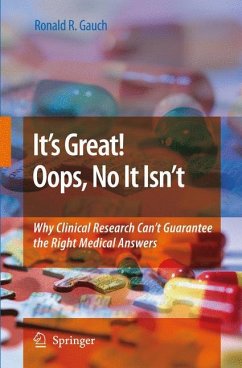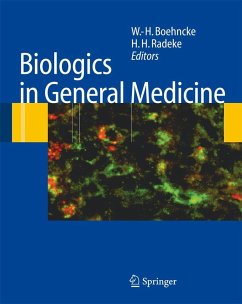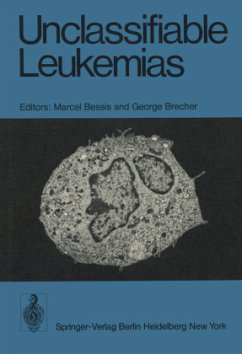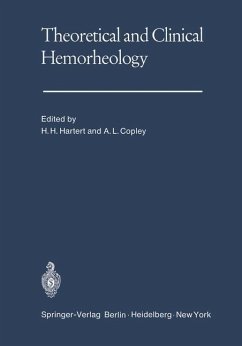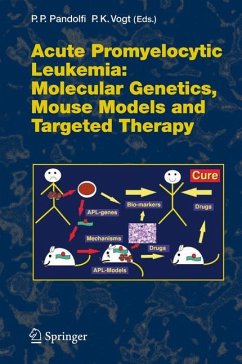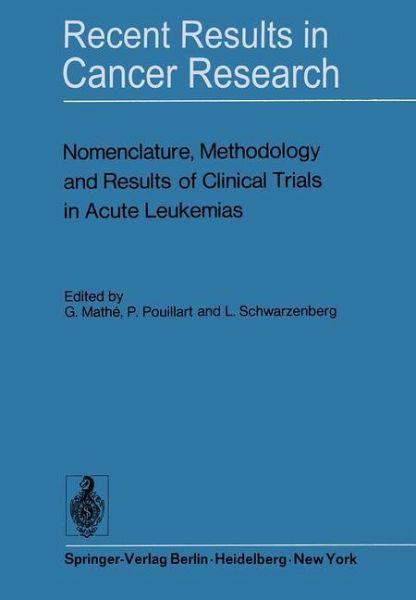
Nomenclature, Methodology and Results of Clinical Trials in Acute Leukemias
Workshop held June 19 and 20, 1972 at the Centre National de la Recherche Scientifique (C.N.R.S.), France
Herausgegeben von Mathe, G.; Pouillart, P.; Schwarzenberg, L.
Versandkostenfrei!
Versandfertig in 1-2 Wochen
77,99 €
inkl. MwSt.

PAYBACK Punkte
39 °P sammeln!
Scientific and Ethical Discipline in Clinical Trials on Acute Leukemia G. MATHE Institut de Cancerologie ct d'Immunogenetique "', Hi'ipital Paul-Brousse "."", Villejuif/France Clinical research is still in an evolutionary stage. Although scientific technology was readily accepted and applied, scientific methodology has been accepted much more slowly and is very rarely properly applied. There are three reasons why this is so. First, medical ethics frequently limits the applicability of clinical research, for doctors have to be more than scientists. They must also remain moral philosophers, as t...
Scientific and Ethical Discipline in Clinical Trials on Acute Leukemia G. MATHE Institut de Cancerologie ct d'Immunogenetique "', Hi'ipital Paul-Brousse "."", Villejuif/France Clinical research is still in an evolutionary stage. Although scientific technology was readily accepted and applied, scientific methodology has been accepted much more slowly and is very rarely properly applied. There are three reasons why this is so. First, medical ethics frequently limits the applicability of clinical research, for doctors have to be more than scientists. They must also remain moral philosophers, as they were before medicine became a science. Second, the heterogeneity of the material on which clinical researchers work in studying human diseases makes the application of scientific methodology difficult. Third, researchers must publish. This means that they must obtain publishable results, and too often this means results in accordance with established concepts, easily accepted by the editors of established journals, which are read by the establishment. It is the privilege of too many people to be able to accept "truth" and recipes from other people and confirm their truth and results. It is the mission of a very few others to accept nothing as "truth" and to consider no recipe ideal, either in concept or detail.








